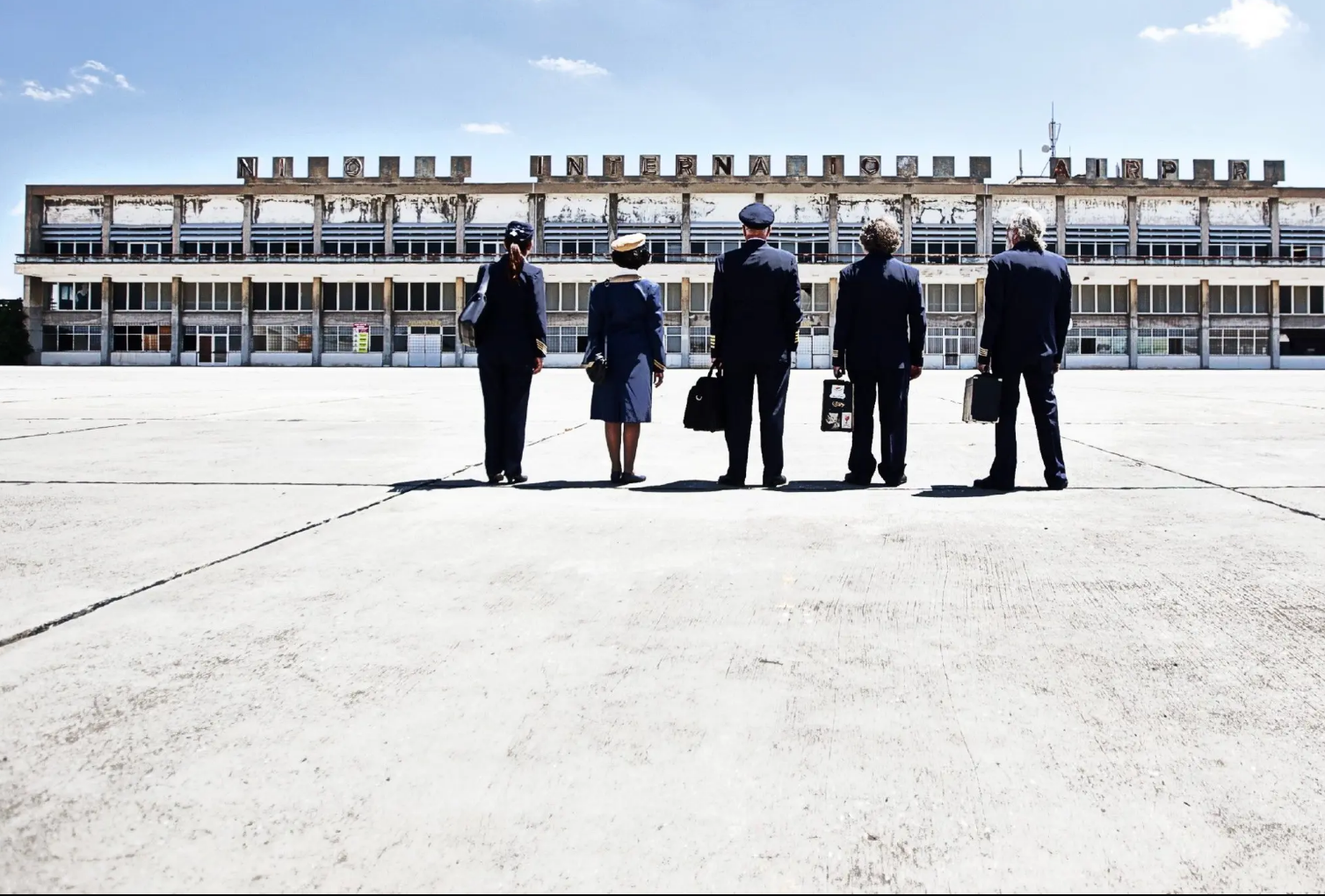Our politicians come up with many silly ideas and Marinos Sizopoulos’ bill that would allow members of the National Guard to stand for election to public posts falls in this category. According to the bill, a National Guard officer who wants to stand for a seat in parliament would be entitled to 40 days leave prior to the election to campaign and a month’s leave after it. He or she would also be able to organise gatherings and promote their candidacy with advertising.
If the candidates failed to get elected they would return to the army and their service would not be affected by positions they promoted and views they expressed during the campaign. In other words, if a lieutenant lambasted the decisions of his or her superiors and claimed they were not performing their job competently during the election campaign, there would be no consequences for them, even if this made a mockery of the idea of army discipline and showed total disregard for army hierarchy.
The bill did not come out of the blue but is the result of a supreme court decision that ruled earlier this year that barring members of the police force and the army from standing in any elections for public posts was unconstitutional. A policeman had tried to stand in the 2021 parliamentary elections but was prevented from doing so by the police command. He eventually stood as an independent after the court of first instance ruled that preventing him from standing was a violation of the constitution. The state appealed against the ruling but its appeal was rejected in March, opening the way for Sizopoulos’ bill, which, however, does not cover the police, as special regulations would be needed.
There is no provision in the constitution preventing members of the security forces from standing for election but this was, most probably, because police officers and full-time soldiers were barred by the rules of the force and the army from seeking election to public office. It is a perfectly sensible rule because the army and police force operate on a different basis from the rest of the public service – teachers, civil servants, nurses can stand for election – and their mission is to stay out of politics. If soldiers or police officers start standing for election there is a danger the army and the force would become politicised, which is the last thing we want.
The ministry of defence and the National Guard command are strongly opposed to the bill and have urged deputies of the House defence committee to vote against Sizopoulos’ bill. Deputies must show a sense of responsibility and keep the members of the police and the army out of politics. Their rules should be respected by their members. If a police officer or an army colonel wants to stand for election they should have to resign first because the security services operate on different lines from the rest of the public service.







Click here to change your cookie preferences